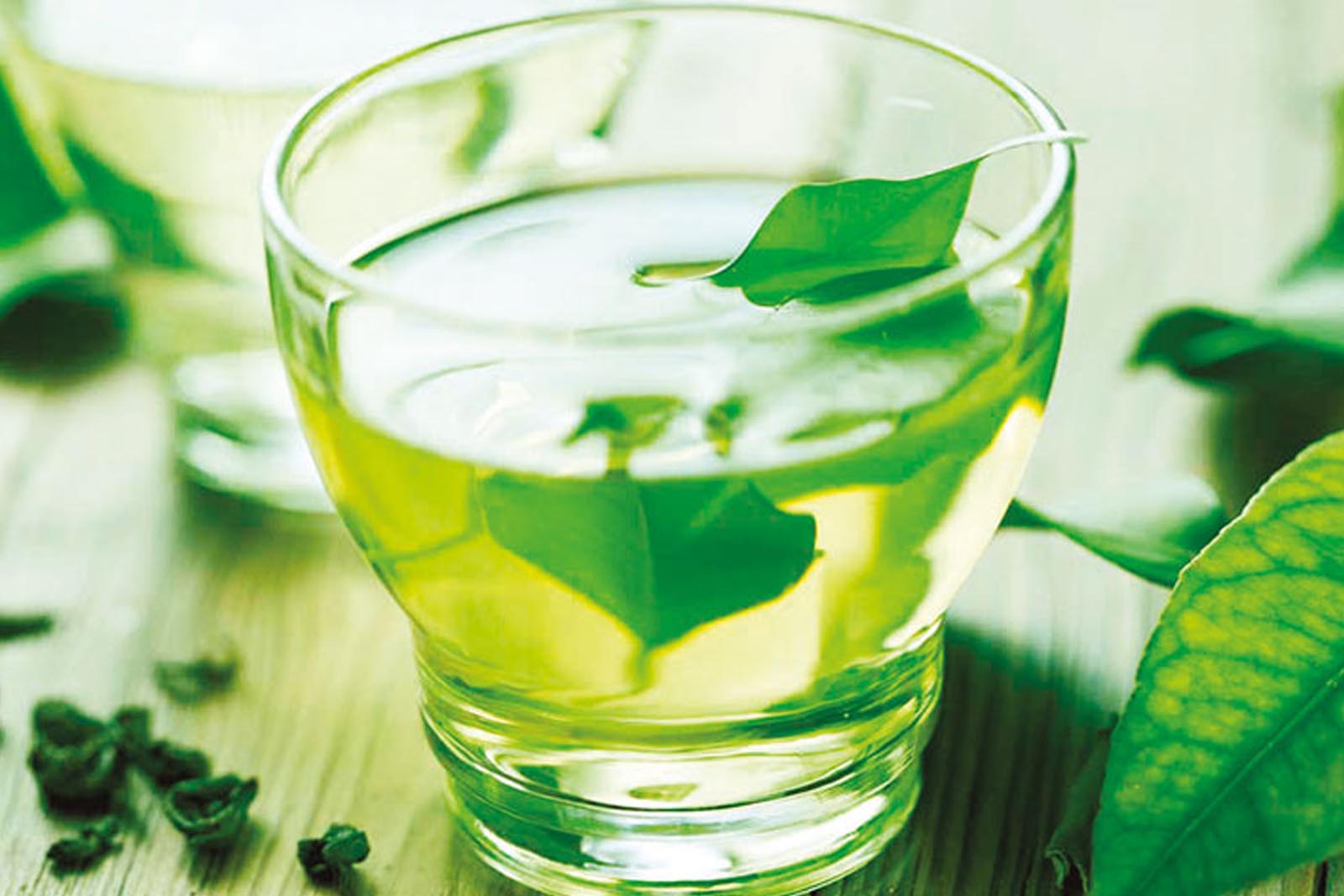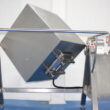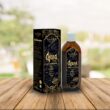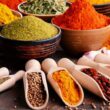
Scientific studies reveal that there are 10 times more bacteria than some of our own cells and 100 times more than others. While these beneficial bacteria are called “probiotics”, nutritious foods that enable the development of probiotics are also called “prebiotics”. It is essentially the opposite of the concept of antibiotics. While there is a meaning against the development of microorganisms with the prefix anti-; The prefix pro means that the microorganisms grow. At the meeting, I talked about how herbal teas affect probiotic bacteria.
It is known that the foods we eat have positive effects on probiotic bacteria and enable their development, while stress, drugs used, especially antibiotics have negative effects, preventing the development of beneficial bacteria or killing them. Well, do various herbal teas that we drink with pleasure every day have any positive or negative effects on beneficial and harmful bacteria in our body?
Herbal teas are rich in water-soluble components, as well as compounds that can swell with water and disperse in water, as well as water-soluble components in the prepared plant. Among these compounds, especially polyphenolic compounds are the most emphasized plant components in terms of their effects on health today. Bifidobacterium species, one of the beneficial bacteria found in our intestines, are rich in enzymes that break down carbohydrate foods. However, studies have shown that a permanent increase cannot be achieved with probiotic pills given externally to increase the amount, and that foods rich in polyphenols and herbal teas should be used. For this purpose, it has been proven by scientific studies that especially green teas are effective.
Another important point that research has revealed is that while green tea kills harmful microbes, it does not kill beneficial probiotic bacteria. As a matter of fact, you may remember that in my articles, I recommend that those who use antibiotics consume unsweetened green tea to ensure that the antibiotic is effective on antibiotic-resistant microbes. In this case, while consuming green tea allows the antibiotic to kill the microbe by breaking the defense shield of microbes, on the other hand, it should be taken into account that green tea itself can directly play a role in the death of harmful microbes and also contribute to the development of beneficial bacteria in our intestines.
On the other hand, the transformation of the components in herbal teas into useful components for the body is provided by probiotic bacteria. So there is mutual aid. Polyphenolic compounds are converted into short-chain fatty acids (acetate, propionate and butyrate), which play a role in energy mechanisms and cancer prevention in the body by probiotic bacteria. Again, in order for soybean isoflavones, which can be effective in relieving menopausal complaints in women, to be effective, some bacteria (Eubacterium rectale et al.) that can transform in the intestine must be present. Otherwise, it is reported to be not useful.
As a result, probiotic bacteria are very important for us to lead a healthy life. Antibiotics should be avoided unless absolutely necessary. As I often inform you, it would be the best approach to try not to get sick by strengthening your defense systems with herbal products.


